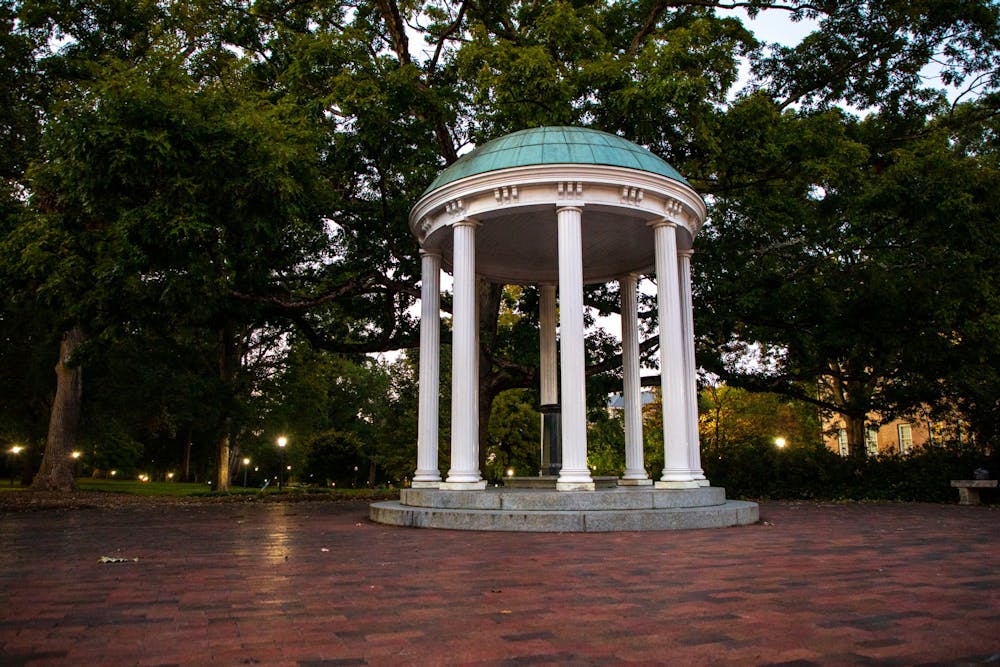Last week, U.S. District Judge Loretta Biggs ruled against the so-called Students for Fair Admissions in its lawsuit alleging that UNC discriminates against white and Asian applicants. This is one of three ongoing suits filed by the organization attacking affirmative action policies, including one against Harvard University that is currently under review by the Supreme Court.
Biggs notes in her opinion that UNC’s policies, while permissible, have not been adequate to achieve their supposed goals, writing that “the University is far from creating the diverse environment described in its Mission Statement.”
The new faux-progressive core of SFFA’s messaging is that the group is working to end racial discrimination against Asian American applicants.
This narrative is filled with holes. Many Asian Americans benefit directly from affirmative action, especially those who came to the United States as refugees.
Additionally, a 2020 study by AAPI Data found that a clear majority of Asian Americans support affirmative action policies. And if SFFA wanted to create more seats for white and Asian students, it would be fighting to expand class sizes instead of quibbling over a few of the seats currently available.
But despite these holes, the admissions debate remains intensely personal, and it's easy to get caught up in the rhetoric of "fairness." Anyone who has ever been rejected from a college has a stake in the game.
When a process requires such hard work and vulnerability from students, the mere possibility of being held to a higher standard based on race can quickly build into a righteous fury.
When Operation Varsity Blues, the F.B.I. investigation into a conspiracy of college bribery schemes, broke in 2019, we saw how quickly righteous fury can spread when the highly charged college admissions process is hacked. Thousands of headlines, a Lifetime movie and a Netflix documentary later, Americans have watched wealthy parents be arrested and prosecuted for gaming the system.
But we must be careful not to let our anger be misdirected. Yes, it is frustrating whenever anyone receives an advantage in college admissions — fair or not. However, the real problem is that we have to play this ridiculous game in the first place.



